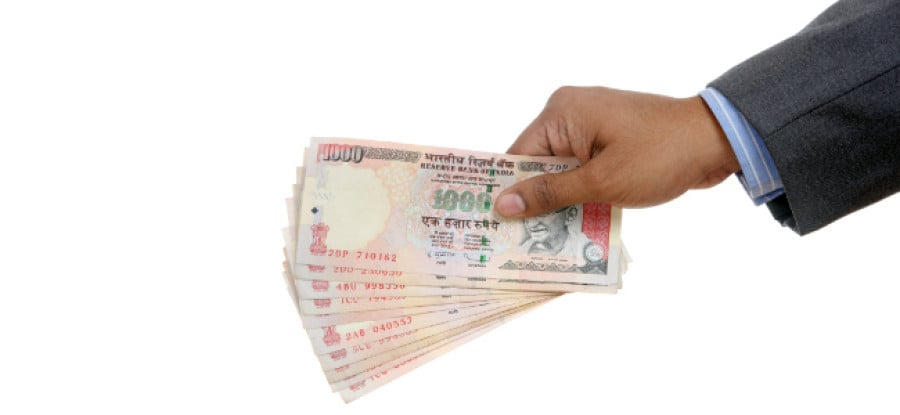How effective is India’s new Sports Integrity Unit in tackling corruption?

In April 2014, India’s Central Bureau of Investigation (CBI)1 created a Sports Integrity Unit (SIU) under the Special Crime Branch in Delhi.2 The objectives of the SIU include investigating sports fraud,while simultaneously working with legal bodies and sports federations to help develop robust preventive measures to protect against corruptive behavior.3 For example, a month after its creation, Justice Mudgal mentioned that it could provide assistance in the IPL 6 investigations.4 In the long-term, the SIU will also coordinate with the Ministry of Sports and Youth Affairs (“Sports Ministry”)5 to help develop overarching legislation to address sports fraud in India.6
This article explores how the SIU has performed to date (by looking at the first case it investigated concerning age manipulation in table tennis), how it is able to help affect prosecutions, and how it compares to integrity units in other countries.
First investigation: age fraud violations in table tennis
The SIU’s investigatory efforts publicly began with the age fraud violations in Indian table tennis. On January 17, 2015, the SIU was at the forefront of uncovering that multiple table tennis players had committed age violations by submitting incorrect birth dates.7
After investigating the issue, the SIU concluded that there was a likelihood that the players (and their respective parents or guardians) failed to comply with Article 13.38 of the Registration of the Births and Deaths Act 1969 (“1969 Act”),9 which requires a magistrate of the first class or a Presidency magistrate to verify the accuracy of the birth date if registered after more than a year.10
This allowed players to manipulate their birthdates to appear younger than they were, allowing them to compete with younger players and maintain a competitive advantage with their advanced skills. This not only brought them tournament wins, but led to scholarships and tournament prize money (which were likely the key motivating factors).
Three of the four11 table tennis players implicated by the SIU had secured substantial prize money from national and international tournaments and scholarships from the Indian government from 2009 to 2013, which they would have not been eligible for if their true age had been documented.12
Can the SIU’s investigations lead to a prosecution?
The SIU is formed under of the Special Crimes Division (Delhi Branch13) of the CBI.14 Accordingly, it falls under the investigative limits of Article 1.2415 of the CBI Constitution, which states that the purpose of the any unit within the Special Crimes Branch is:
“ …to provide support to the regular Branches/Units especially in the field of collection of intelligence relating to incidents of corruption in the higher echelons of Central Government and Public Sector Undertakings. These Units also provide intelligence related support to investigating Branches in investigation of cases.”
What this means in practice is that when the SIU is interacting with Indian states in undertaking an investigation,it does not possess the authority to directly charge any player involved without each State’s permission. This is pursuant to Entry 33 of the Seventh Schedule (Article 246)16 of Constitution of India, which stipulates that State law governs sport in India.17
Accordingly, the extent of the SIU’s actions are limited principally to registering cases (for example, against the parents and athletes in this age fraud case above) with relevant State authorities, i.e. their remit is limited undertaking the investigation and then making recommendations accordingly to the relevant authorities, who will decide if and how to proceed with the case.
For example, in relation to the table tennis case, the SIU notified the authorities in the relevant states, as well as the Table Tennis Federation of India (TTFI)18 Also, due to the table tennis players possibly failing to comply with the 1969 Act, the SIU also notified the Registrars under the 1969 Act.19 Finally, they wrote to the Sports Ministry advising for further action to be taken, although the specifics of their recommendations are not public.20
However, despite the notifications, theSIU decided not to formally register a case to proceed. Very little information has been publically released to explain this decision, which seems strange in light of the reported weight of the evidence and scale of the problem. The Times of Indiaexplained:
“Despite concluding that the parents had allegedly manipulated date of birth of players using fake affidavits, the much-hyped Sports Integrity Unit of CBI has decided to only recommend suitable action against them without giving any substantial reason for not registering cheating cases...
Asked why the agency did not register a criminal case of cheating against the parents despite a central PSU being the victims and limit itself by just the recommendations, CBI said since cheating was by individuals of West Bengal and the case was not of corruption it decided not to register FIRs.”21
This could illustrate the potential limitations of the SIU and its ‘investigatory-only’ powers.
To continue reading or watching login or register here
Already a member? Sign in
Get access to all of the expert analysis and commentary at LawInSport including articles, webinars, conference videos and podcast transcripts. Find out more here.
- Tags: Anti-Corruption | Badminton | CBI Consitution | Central Bureau of Investigation (CBI) | Cricket | ICC Anti-Corruption and Security Unit | India | Indian Premier League | International Cricket Council (ICC) | Memorandum of Understanding (MoU) | Ministry of Youth Affairs and Sports | Registration of the Births and Deaths Act 1969 | Sports Integrity Unit | Twenty20 | UK Anti-Corruption Plan
Related Articles
- Tackling match-fixing: a look at the UK’s new Anti-Corruption Plan
- How FIBA’s “no headgear rule” highlights the socio-cultural challenges of regulating a sport
- A review of the IPL and BCCI spot-fixing scandal – governance, corruption and reform
- Weekly integrity in sport update from INTERPOL 4-10 January 2016
Written by
Manali Kulkarni
Manali previously researched on sports and society in India, specifically focusing on the influence of sport on the gender divide in India. She joined LawInSport in September 2013 as a research assistant providing updates on Indian sports law.

 Global Summit 2024
Global Summit 2024